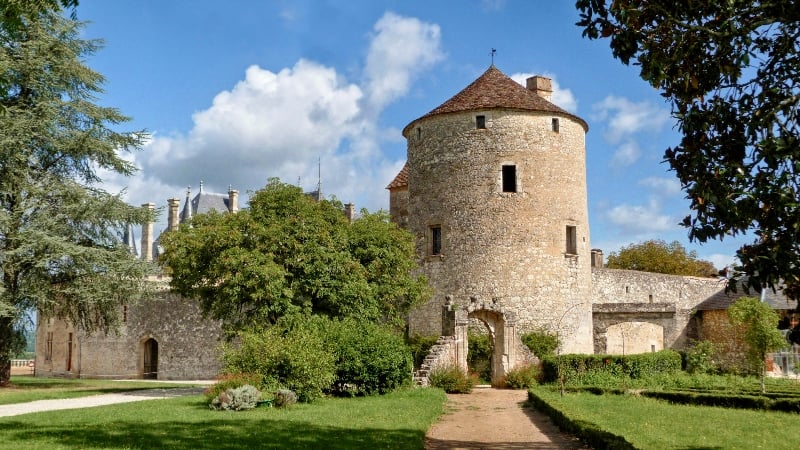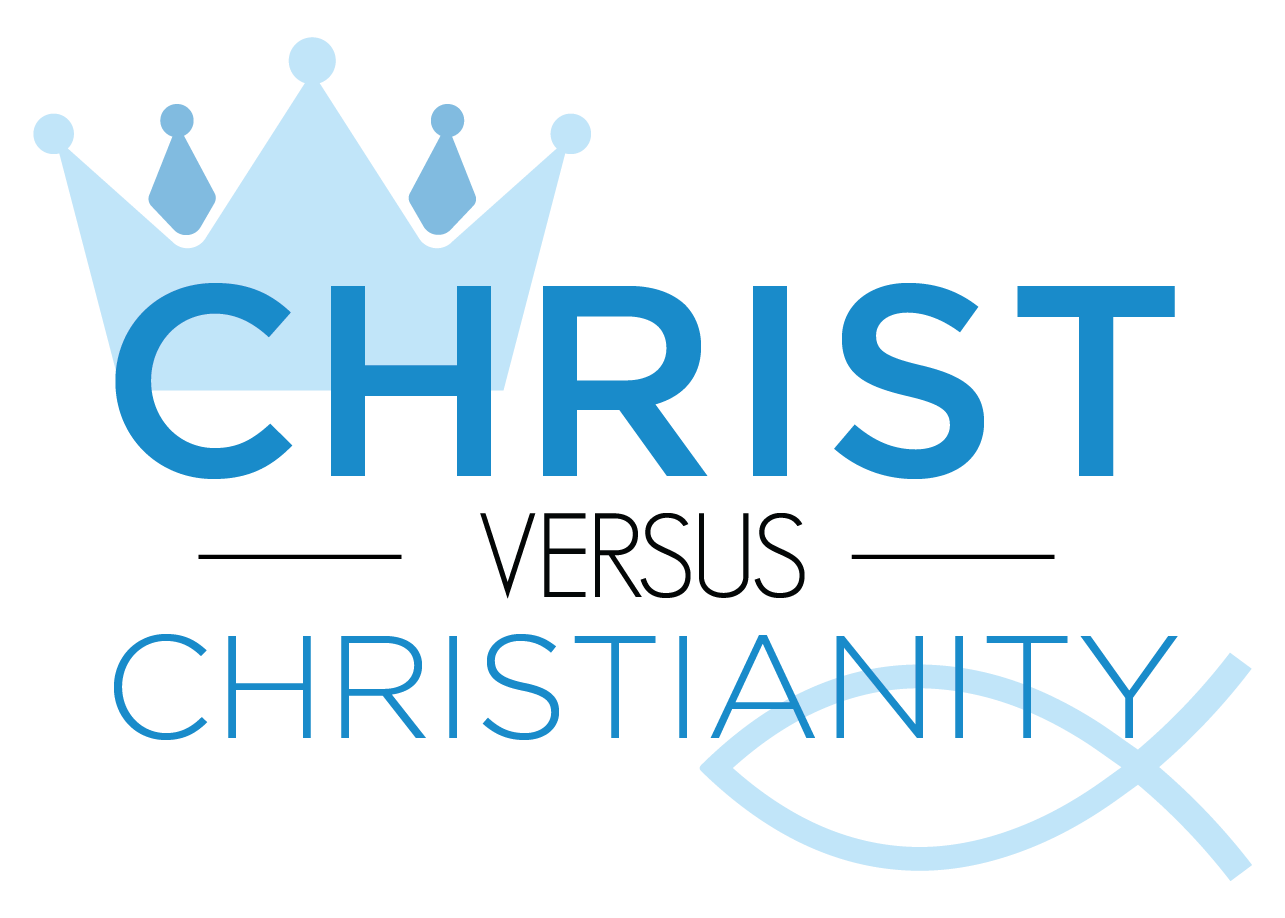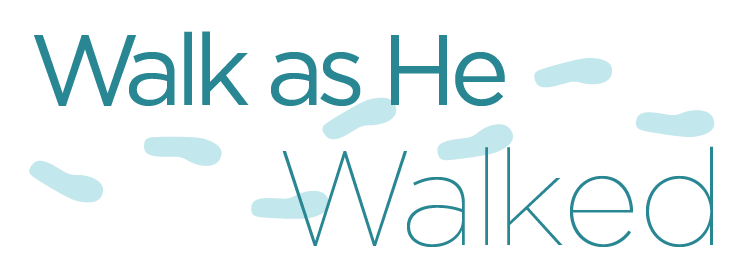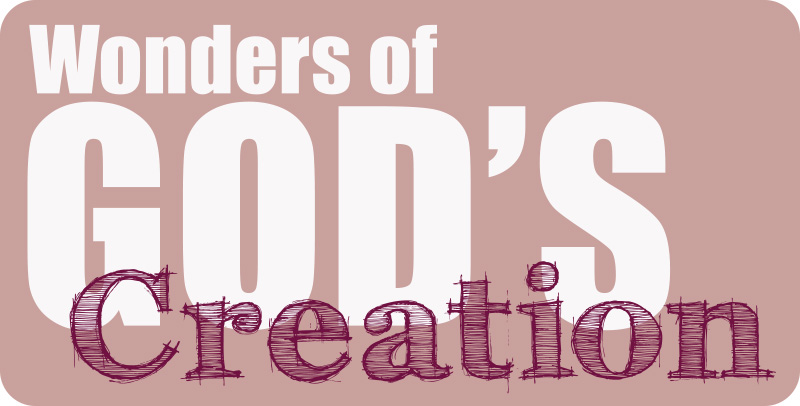
A Question in a Tower
In this historic tower a philosophical pathfinder examined a question that modern Christians would do well to contemplate.
One of my favorite medieval constructions is nestled among the rolling hills and forests of the Dordogne region in southwestern France. It is a round stone tower, predating 1477, and if its walls could talk, they would have impressive stories to tell. Among other notable visitors figured Henry de Bourbon, the king of Navarre, later to become Henry IV of France.
Montaigne’s reflections

The tower is today remembered for its most remarkable owner, the noble, brilliant Michel Eyquem de Montaigne. During his lifetime, in the tumultuous latter half of the 16th century, he was famous as a gifted statesman, a mediator in the wars of religion and the mayor of Bordeaux.
But succeeding generations have seen in him a philosophical pathfinder. At the age of 38 he withdrew from the public eye to assume a life of contemplation. His careful reflections, which he later published, popularized the essay as a literary form. From the verb to try, his essays were a mix of autobiographical elements, aphorisms, anecdotes and close reasoning, in order to test, or try out, ideas and gauge their veracity.
It is fascinating to walk through the tower that served as his library and inkstand. The curved walls still bear thought-provoking quotes, many in Latin and Greek, which Montaigne could read from his childhood. They led to such essays as “That It Is Folly to Measure Truth and Error by Our Own Capacity,” “Of the Inconstancy of Our Actions” and “Of the Uncertainty of Our Judgment.” His voluminous work influenced many eminent thinkers and writers, including Bacon, Descartes, Rousseau, Emerson, Nietzsche and probably even Shakespeare.
Fundamental questions
One of his most famous insights was that, rather than asking, “What do I not yet know?” and, “What do I still have to learn?” one should ask a more fundamental question: “Que sçay-je?” What do I know? How much of what I think I know is actually true?
Montaigne invites us to ask, “Do I really know all I think I know?” or, “Are there things I have accepted without examination that are not so?”
It can be challenging to question supposed certainties. Yet the Bible warns, “All the ways of a man are pure in his own eyes, but the LORD weighs the spirits” (Proverbs 16:2). What may seem obviously good and right to us may not be so before God.
Spiritual essays
What is the solution for the Christian? It is what the Bible calls meditation—careful, concentrated thought to examine what we believe and do—in a sense, spiritual essays.
The psalmist wrote: “I meditate within my heart, and my spirit makes diligent search” (Psalm 77:6). This is based not on philosophy, but on the Word of God, that “lamp” to our feet (Psalm 119:105). “I will meditate on Your precepts, and contemplate Your ways” (Psalm 119:15).
How enlightening it is to set aside time, associated with prayer and the study of God’s Word, to contemplate, to analyze, to try in our minds, whether our lives could be better aligned with the way of life God describes.
As a new Roman calendar year approaches, Montaigne’s query is still valid. Beyond, “What have I yet to learn?” one should ask, “What do I truly know?” Are there ideas I believe, or actions I practice without examination, that I should not?
Such questions can lead to positive change and bring us closer to God.
—Joel Meeker



